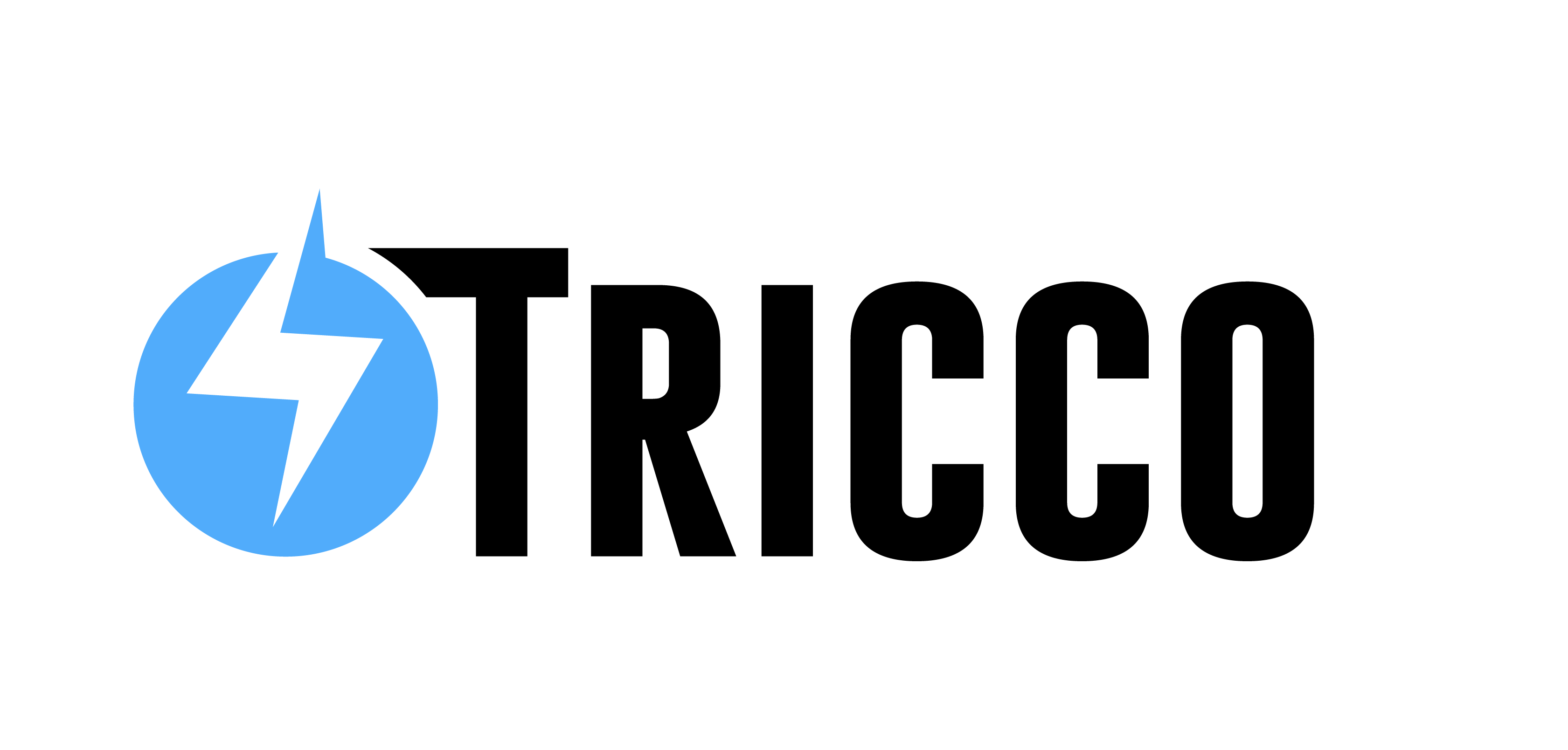Can my surveillance system record noise? And, is it lawful to capture sound through surveillance? Here, we’ll examine the possibilities accessible if you necessitate a noise-equipped surveillance system and the things to ponder when deciding if this is the best choice for your security plan.
Get Special Offers Now for Locksmith Services Call Us Now at 02081458426
Contents
Can CCTV Cameras Pick Up and Record Sound?
Can I Use Audio CCTV in My Business?
What are the Rules Around Recording Audio CCTV in the UK?
Can CCTV Cameras Pick Up and Record Sound?
Indeed CCTVs can capture sound, but the process differs depending on whether you’re utilizing network-connected video cameras or conventional analog ones.
Recordings of sound through cameras connected to sites that digitized video feeds were commonly done through outside audio sources linked to the location where visuals were stored. The audio caught by outdated cameras was then transformed into electronic form inside the place keeping the footage. However, because of restricted entry points on locations where visuals were saved, there might be bounds on how many cameras could chronicle noise.
However, internet-connected security cameras provide a more sophisticated alternative. These devices directly collect sound information and change it into digital form inside the camera. It brings about top-notch audio quality and permits numerous cameras to record noise simultaneously.
While the technological facets are significant, the lawful implications of capturing sound through closed-circuit camera systems are equally essential to ponder. The employment of closed-circuit camera systems is directed by diverse statutes, specifically those affiliated with personal secrecy.
Can I Use Audio CCTV in My Business?
Certain circumstances reveal that audio-equipped monitoring systems hold significant benefits, as defending community security and staff welfare outweigh issues about personal secrecy. Memorable cases incorporate:
Occurrences involving public vehicle operators or hired vehicle chauffeurs, where activating an alarm button initiates sound documenting.
Environments where sounds are recorded to protect security play a significant part in ensuring everyone is secured, and all working there fully comprehend and realize its purpose.
However, in other situations, implementing sound security cameras requires properly weighing its effects and matching the General Data Protection Regulation and the Data Protection Act. Audio-enabled security cameras are typically employed in call centers where recordings assist training. Workers must be informed about the recording process, its reason, who can gain admittance to the recorded material, and their rights to examine the management of their private information.
The following represent significant aspects to consider:
Surreptitiously capturing others or discussions within a work environment necessitates transparent statements to guarantee all persons recognize the capture’s lively durations and the underlying reason. It is prohibited to document persons without their knowledge. Accordingly, recording talks inside a workplace necessitates clear communication to ensure everyone knows the recording’s occurrence, active periods, and the underlying purpose.
Whether crisp sound is achieved relies on using top-notch surveillance cameras. Going for an affordable audio surveillance setup may cause uneven sound quality and vulnerability to disruption and background sounds.
Adding the ability to listen required more money contrasted with only watching setups. This element is not regularly incorporated, as most observation cameras are made without integrated microphones. Due to this, setting up audio-empowered cameras becomes indispensable.
What are the Rules Around Recording Audio CCTV in the UK?
The guidelines encompassing sound-capable commercial security cameras parallel those directing standard video observation, with the proviso that an exhaustive effect appraisal is crucial to ensure rigid lawful conformity fully.
Sound capturing is seen as more intrusive of privacy than just image collection alone. Therefore, it is strongly advised to carefully adhere to the instructions offered by the Data Protection Regulator to ensure your protocols and processes stay present and comprehensive.
Following the guidelines set forth by the ICO, capturing visible or audible material past one’s property lines utilizing appliances, for example, security cameras or clever doorbells, does not go against information security laws. However, the accompanying principles relate to sound CCTV:
Recording general discussions between ordinary people is forbidden. Sound security cameras necessary justify their goal of not spying on exclusive individuals.
There are allowances for emergency calls in cabs or law enforcement detainment zones.
Workplace sound logs are permitted if a clear reasoning for observation is set up. This clarification must include specifics of who has admittance to the logs, when, and why, alongside the techniques for controlling admittance permissions.
All persons present where tools can capture sound and vision must be informed that their voices and images are being collected.
Consistent with the overarching focus on protecting individual privacy, fundamental GDPR guidelines also factor in:
Information gathered must exclusively be handled by approved individuals.
A detailed plan for monitoring or data protection needs to establish internal rules.
Data ought to be purged once a timeframe is noted in your rules, often inside a fortnight or month.
Security recordings ought to thoroughly align with their stated intentions.
People have the authority to ask about the data kept about them and ask for its removal.
Audio surveillance systems should adhere strictly to established guidelines and objectives. Recordings must only be utilized for their stated aims and not applied in unintended ways.
While having a home security camera setup is sensible for protection, it’s wise to be conscious of legal standards concerning audio capture. Systems with sound recording should typically have that function turned off to avoid potential issues with individual privacy. Surveillance devices monitoring one’s property are acceptable, but including ambient noise pickup increases the risk of overstepping boundaries without permission. Owners would do well to choose a video-only configuration or get clear consent from anyone whose conversations may be within range to stay on the right side of relevant regulations.
While closely examining surveillance methods continues importance, care must be taken to protect privacy through compliance with rules, comprehensive reviews of effects, and detailed logs showing respectful handling of sound monitoring.
Frequently Asked Questions
Can commercial CCTV systems record audio?
Yes, commercial CCTV systems can record audio. However, the method differs between analog and IP cameras. Analog cameras capture audio through the DVR, while IP cameras collect audio data directly from the camera.
Are there legal considerations for using audio-enabled CCTV in commercial settings?
Absolutely. While audio CCTV can be valuable for safety, it’s important to prioritize legal compliance. The Information Commissioner’s Office (ICO) guidelines should be followed, and a thorough impact assessment is essential. Privacy laws apply, and recording audio outside property boundaries is generally permissible.
What rules apply to the use of audio CCTV in workplaces?
Workplace audio recordings are subject to specific rules. Audio recording requires a justifiable purpose, and all personnel must be informed about the recording. Exceptions include panic buttons in taxis or police custody areas. Access permissions, rationale, and usage must be well-defined.
How do GDPR and privacy concerns factor into audio-enabled CCTV?
GDPR principles apply. Authorized individuals should manage data; clear policies outlining control mechanisms are necessary. Information retention should align with policy, and individuals have the right to access and request data deletion. Data processing must adhere to policy and purpose, respecting privacy rights.
Remember, using audio CCTV demands careful adherence to legal and ethical guidelines, and responsible usage is crucial to protect privacy rights.


